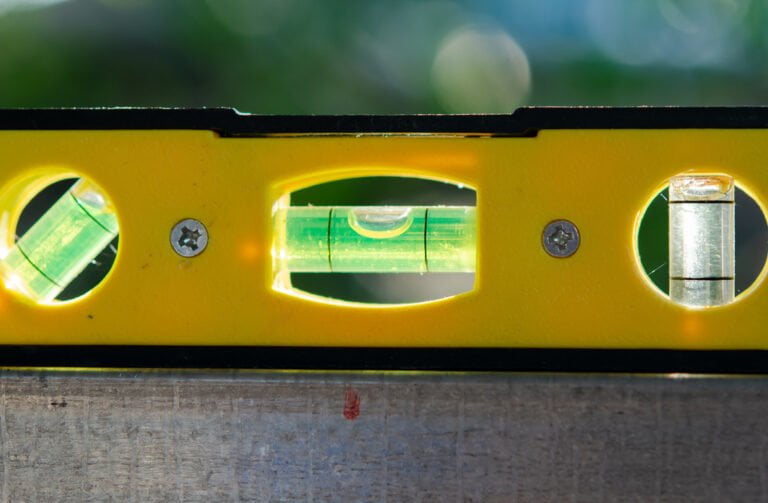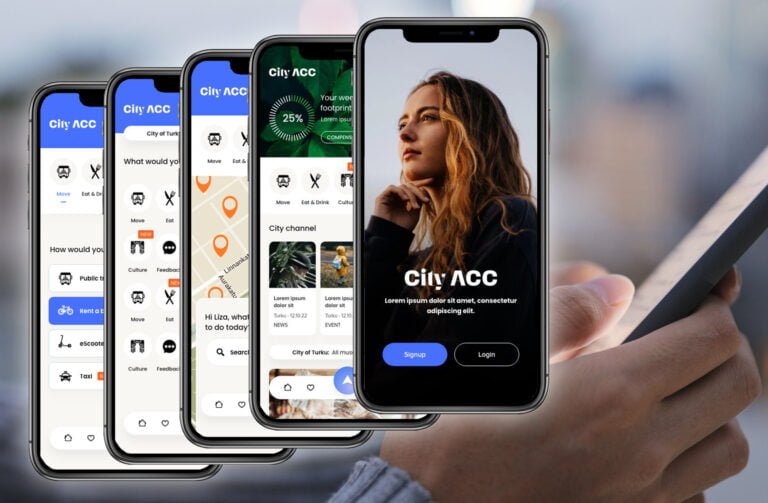By Tuomo Parjanen
CEO of PayiQ
Covid has definitely been a game changer in mobility. First it brought on a disaster when people stopped moving, and while the hard times are dragging on, it is slowly also triggering changes in thinking, many of which are welcome. One of them is a strong trend towards partnering. The idea of organizing relationships among actors in a field through partnering instead of competition or subcontracting is of course nothing new. Airlines have formed and run successful partnerships for decades. But in ground transportation competition, subcontracting and monopolies have been the standard.
Car brands have been competing against each other, buses have been going against trains and ride-hailing startups have recently challenged taxi companies. Or look at the new kid on the block, eScooters. Different brands are filling the street corners each with their own offering. Competition for customers is the game wherever the private sector has a say. Then there are municipal monopolies that often offer several modalities like buses, metros, trams and ferries, but the way these companies are organized is more like an army than an alliance.
And this is where I think the Covid-induced rethinking in many companies comes in. In transportation payments and ticketing have been the immediate focus since there’s always a risk of contagion when handling bills, coins and printed tickets. Not surprisingly, contactless ticketing has taken a leap during the last few months, and most investments in vending machines pushing paper tickets has been called off.
But mobile ticketing in transportation is often just a detail, a gate that opens the decision makers’ eyes to wider possibilities of using open data in urban context. Why stop at transportation when you are trying to make the city safer, faster and smarter – also beyond the pandemic? The health care system, the events and the hospitality industries, and many more sectors could all benefit from having deep, up-to-date knowledge on what’s happening around town. The whole point of a city is that everything is somehow interconnected and this is why open data that brings different sectors together is seen as a massive opportunity. In the European Union alone it is currently a 184 billion euro market and may double in size by 2025.
When we look at mobility as a part of this digital mesh, it becomes immediately clear why cooperation is in many cases much more interesting than walled gardens. When we look at the big picture, a whole city with all of its complexities, no company can go at it alone. Deep knowledge of each sector and dedicated resources are needed, but the data must be shared for mutual benefit. My strong belief is that the future belongs to ecosystems that combine core knowledge from different fields rather than to conglomerates trying to own it all. There’s a growing camp that thinks the next world changing innovations are not technical but rather business model innovations that allow new ways of collaborating and distributing work and reward. I am in that camp.
Partnerships will also change the relationship between global and local. If you are alone in mobility, you are forced into a competition against other local applications and for space on people’s screens. And this is a fight you have to pick again and again when you expand to new cities. With a narrow core competence and open interfaces you are much more adaptable to what’s there already. There are global actors like Microsoft, CGI and Visa’s Cybersource that don’t intend to do everything themselves, but rather look for partners with deep expertise in a certain field or proven sales performance in local environments. Seeing these partnerships as subcontracting would be old fashioned: it is rather a team of companies that gets together to solve a chosen challenge.
An obvious benefit of this trend is that it offers everybody involved, especially smaller companies, far better opportunities for scaling than going at it alone. In the network there is always a partner that can open doors, that has already gained the trust needed, that knows the local peculiarities, and someone that has a grip on a technological challenge that emerges.
At PayiQ we are excited about this trend and ready to ride it. That’s because we built the company for it. Our core is our ticketing platform that we believe is one of the best in the world, but at the same time we understand that it is only one piece in the puzzle when transportation and cities are choosing smart. Therefore our platform has, since the very beginning, had open interfaces and our strategy has been to build long-term relationships with partners much mightier, or just very different, than us. It takes time for an ecosystem to form, but I think we have gotten there and are ready, together with our partners, to tackle just about any challenge, anywhere, in which ticketing is a factor. Due to Covid, the future may be foggy, but for a company like ours it also looks increasingly sunny.
















